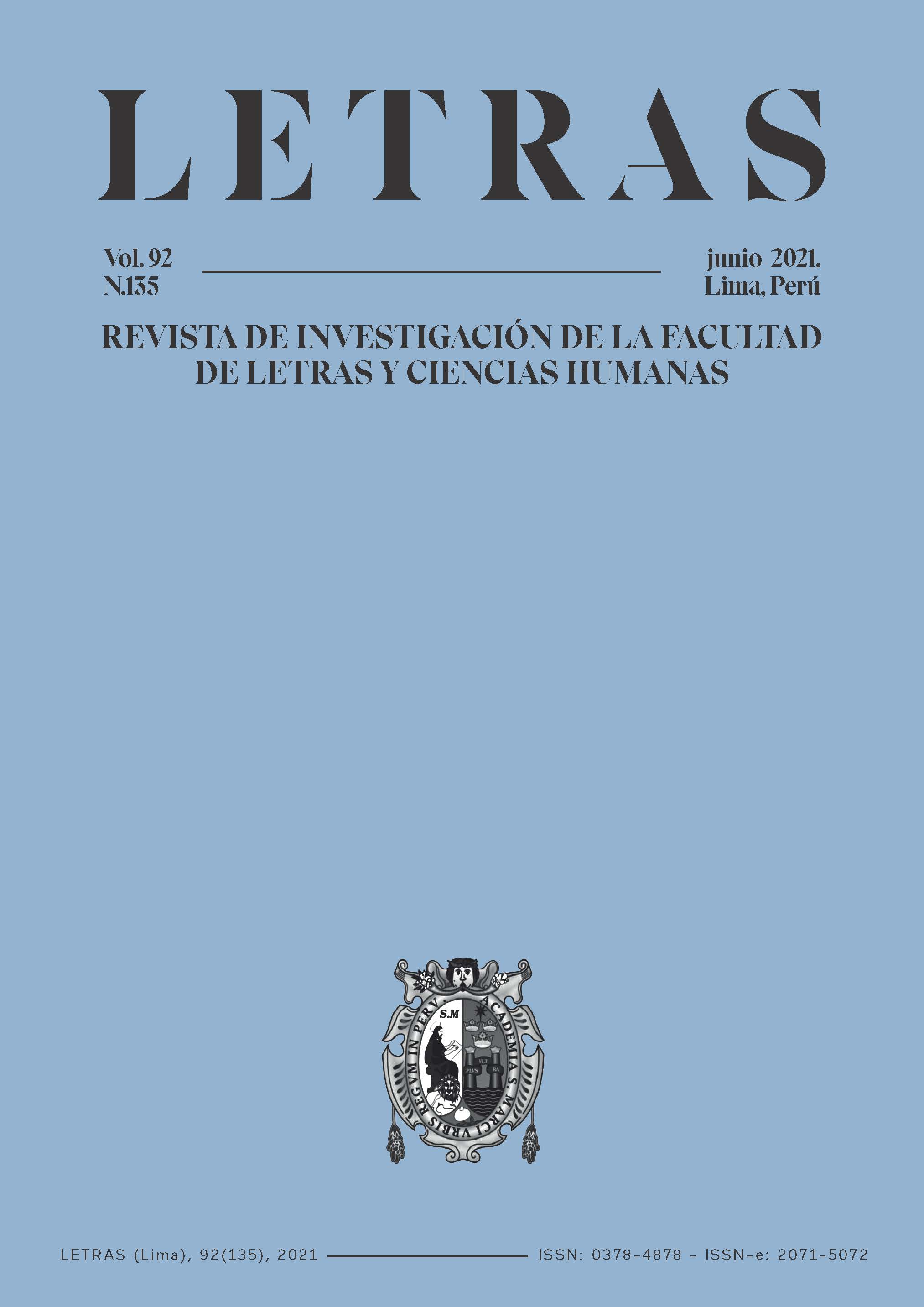Talkative Moribund Women: Confronting the Patriarchal Imaginary in El Conspirador (1892), Incurables (1905), and La rosa muerta (1914) Desde un
DOI:
https://doi.org/10.30920/letras.92.135.10Keywords:
Mercedes Cabello, Virginia Gil de Hermoso, Aurora Cáceres, Modernism, FeminismAbstract
From a gender/feminist perspective of literary studies, this paper analyzes the contestations to the hegemonic imaginaries of the feminine in three novels from Latin America’s turn of the century: El Conspirador (Autobiografía de un hombre público) (1892), by Peruvian writer Mercedes Cabello; Incurables (1905), by the Venezuelan writer, Virginia Gil de Hermoso; and La rosa muerta (1914), by Peruvian writer Aurora Cáceres. Within their ethical-aesthetical and ideological differences, these novels defy the constructions of “the feminine” from both, the bourgeois paradigm that reduces women to the role of “republican mothers”, and angels of the house marked by domestic virtue; as well as the patriarchal modernista -decadentista imaginary that idealizes female’s sickness and death, or its fatal erotism (represented by the femme fatale). The novels’ main characters perform processes of subjectivation that emancipate them from the generic condition imposed to the female subject/object, since they discard motherhood and tension domesticity. Furthermore, in their deathbed, these characters become variants of the talkative moribund, which’s eloquence and agency turns them into counter-discursive archetypes ofthe silent, inert, passive and ideally beautiful sick women idealized by modernista male writers.Downloads
Published
2021-06-30
Issue
Section
Studies
How to Cite
Talkative Moribund Women: Confronting the Patriarchal Imaginary in El Conspirador (1892), Incurables (1905), and La rosa muerta (1914) Desde un. (2021). Letras (Lima), 92(135), 125-145. https://doi.org/10.30920/letras.92.135.10







